Negative trends in weather patterns will continue until at least 2060s
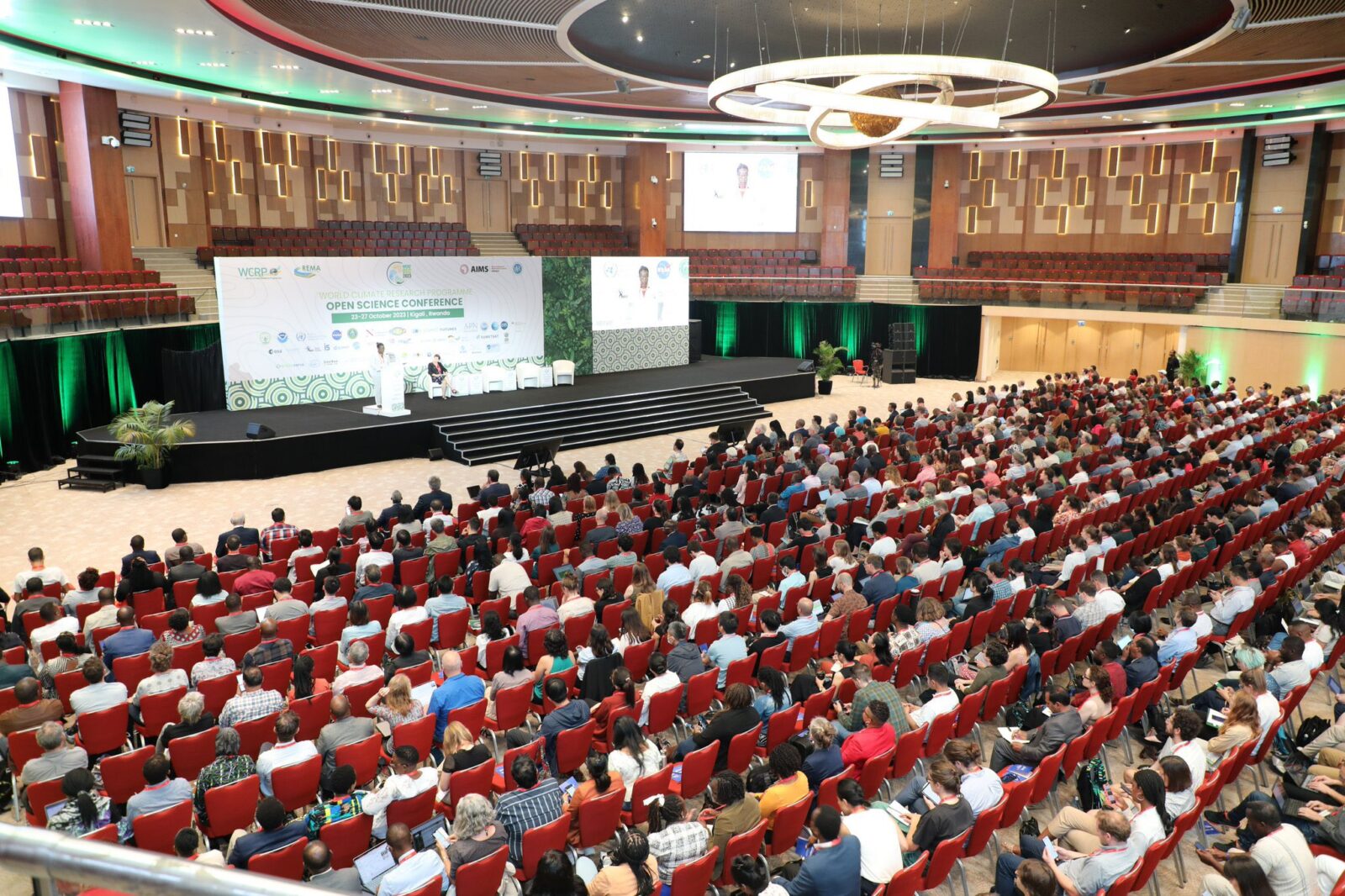
Scientists from all over the world are gathered in Rwanda for a World-renowned scientific conference “World Climate Research Programme Open Science Conference” from 23-27 October 2023, to exchange researches on climate change, to find solutions to face the increasing global warming and other climate change calamities.
Prof. Petteri Taalas WMO Secretary-General, among others, is in Rwanda. In his speech, he stressed the fact that we may face the negative trends in weather patterns until at least 2060s.
“We all know where we are heading. We have broken records in greenhouse gas concentrations year by year. We have more than doubled sea level rise in the past 20 years. Melting of glaciers is speeding up. It is possible that this year will be the warmest year on record. Negative trends in weather patterns will continue until at least 2060s. We have lost the battle for the melting of glaciers and sea level rise – for thousands of years.”
He also said that African countries have the limitations in Early Warning Systems, so they should invest at least US$ 3.1 bn to improve it.
He said “In this continent, we have major limitations in Early Warning Systems and major limitations in observing systems. That is why African countries are priorities in the International Early Warnings for All Initiative which seeks to ensure that everyone on Earth is protected by Early Warning Systems by the end of 2027. We need to invest US$ 3.1 bn in the coming five years to improve early warning services in pilot countries.”
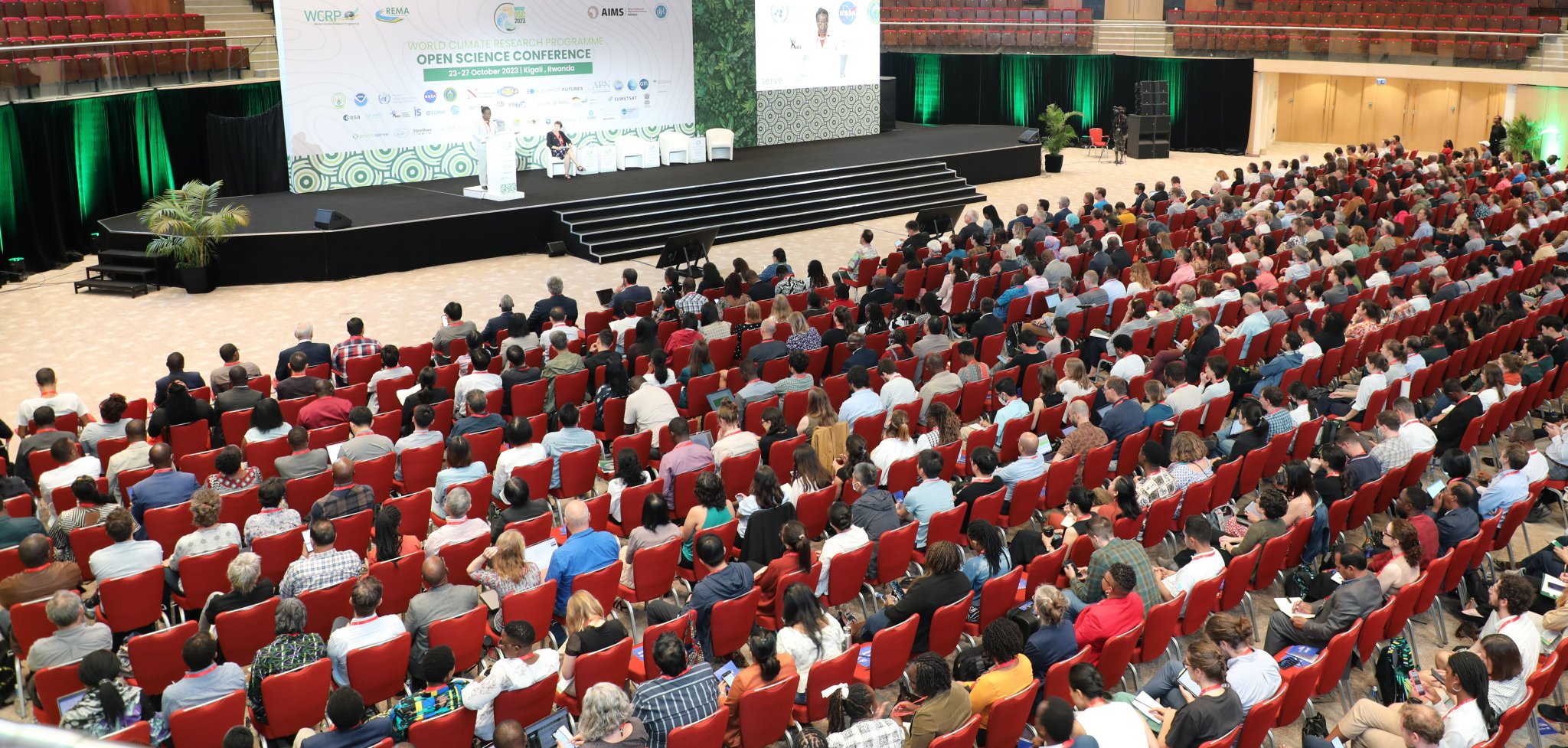
UN Deputy Secretary-General Amina Mohamed said the Open Science Conference would be crucial to identify key breakthroughs in climate science and research and to ensure that nobody is left behind.
She said extreme heat and destructive wildfires are increasing, as well as extreme drought and water shortages. At the same time there are devastating floods in other regions.
Weather, climate and water sciences provide the basis for climate action and can supercharge progress towards the sustainable development goals across the board.
“I commend the World Climate Research Programme for this conference in Africa. Focus on science must be at the core of solutions across the board….. The Global South often bears the brunt of impacts of the changing climate. This conference reflects commitment to meet challenges. Let’s use this moment to advance cs at all levels and achieve equitable, sustainable and resilient future for 2030.” She added.
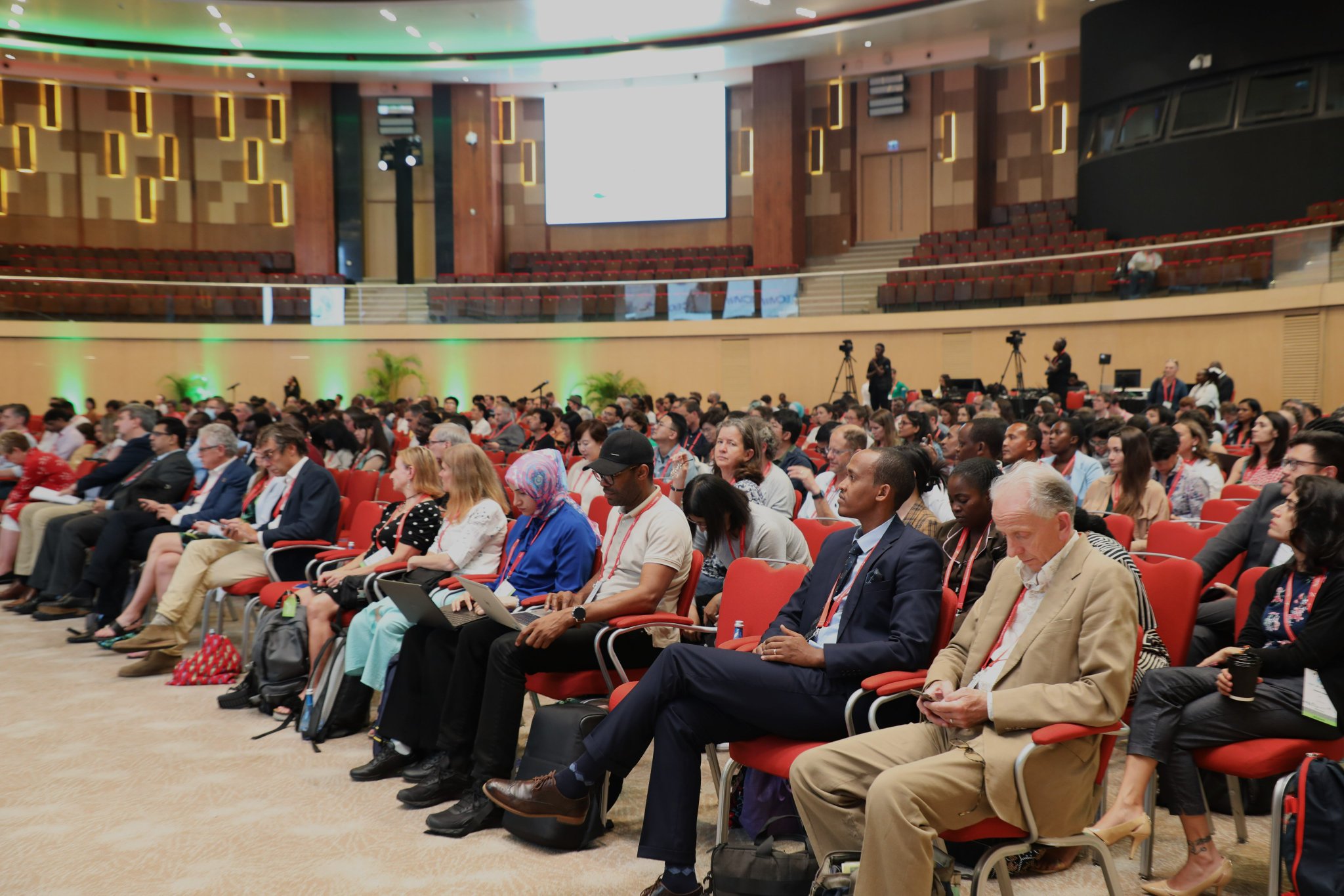
Macharia Kamau, (Special Envoy of former President Uhuru Kenyatta on the EAC-led Peace Effort on Eastern DRC and Commissioner, Office of the Former President of the Republic of Kenya; International Science Council) emphasized on Sustainable development goals perspective and the urgent need for accelerated action on SDGs to drive global climate action.
He said “In Africa we live at the convergence of triple planetary crisis: climate change, biodiversity loss and lack of progress towards sustainable development. Climate justice and development justice are real concerns for us in Africa. The nexus of science and technology and climate action is a crucial point of concerted action needed to mitigate impacts of climate change. We need a powerful alliance of science, research and technology to inform policy on climate action.”
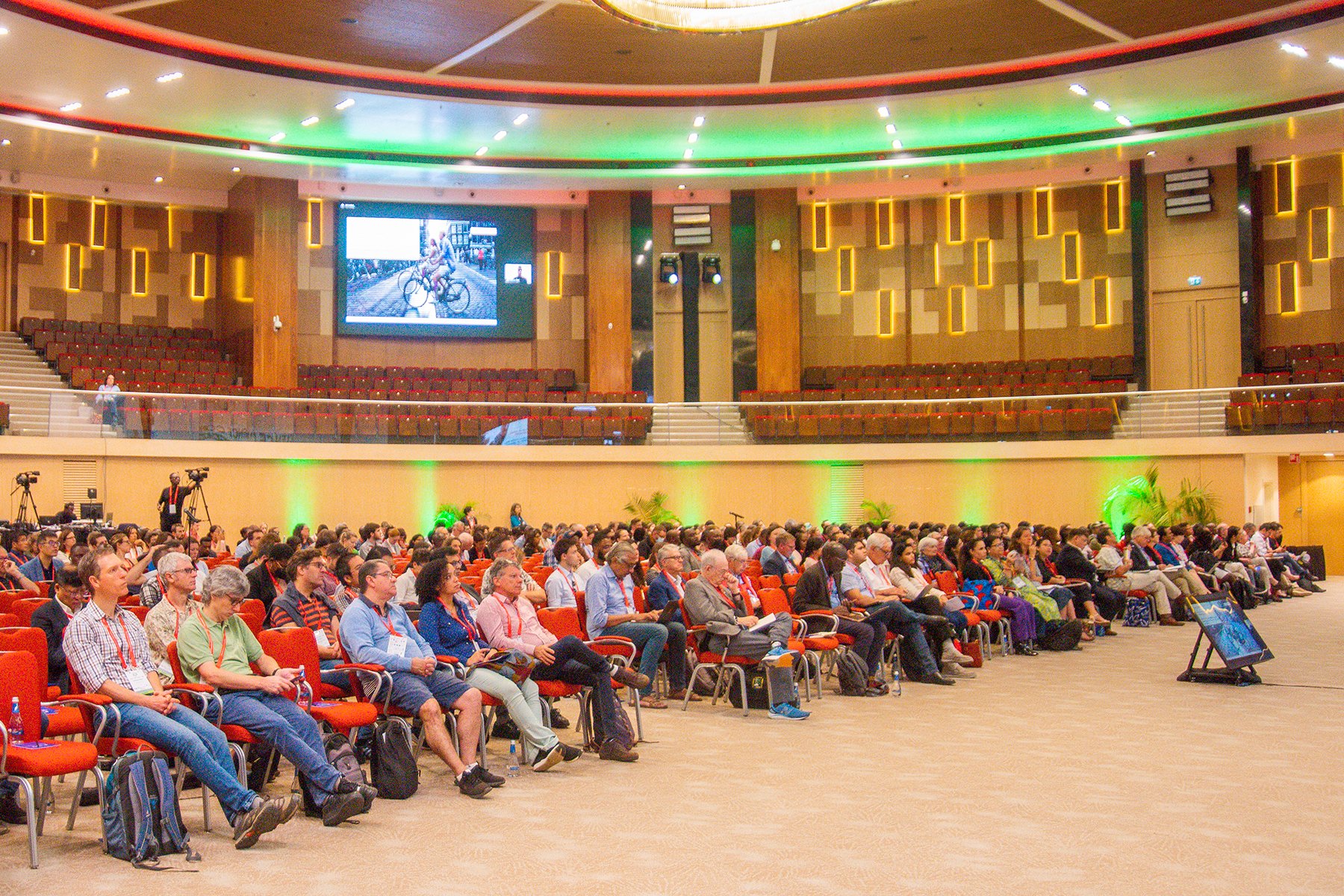
Climate Science is needed to empower vulnerable nations, and policy making need to be guided by science and climate research, said Lina Yassin in her research: ‘Climate Change, International Institute for Environment and Development): Leveling the playing field: The crucial role of Climate Science in empowering vulnerable nations’.
“While all developing nations aspire to have a future of low transitioning, our progress is slow. It’s not our pace which is slow. It’s the global cooperation which is slow. In developing countries we have a lot of work to do to enhance our climate planning. We expect a reciprocation from developed countries to adapt to climate change. Helping developing countries is not an act of charity. We hope that policy making will be guided by climate research. We will be nowhere if not guided by science and climate research.”
Minister of Environment, Dr. Jeanne D’Arc Mujawamariya, At the opening session of this conference, highlighted the importance of the one-in-a-decade international research conference in triggering decision making to tackle climate change issues.
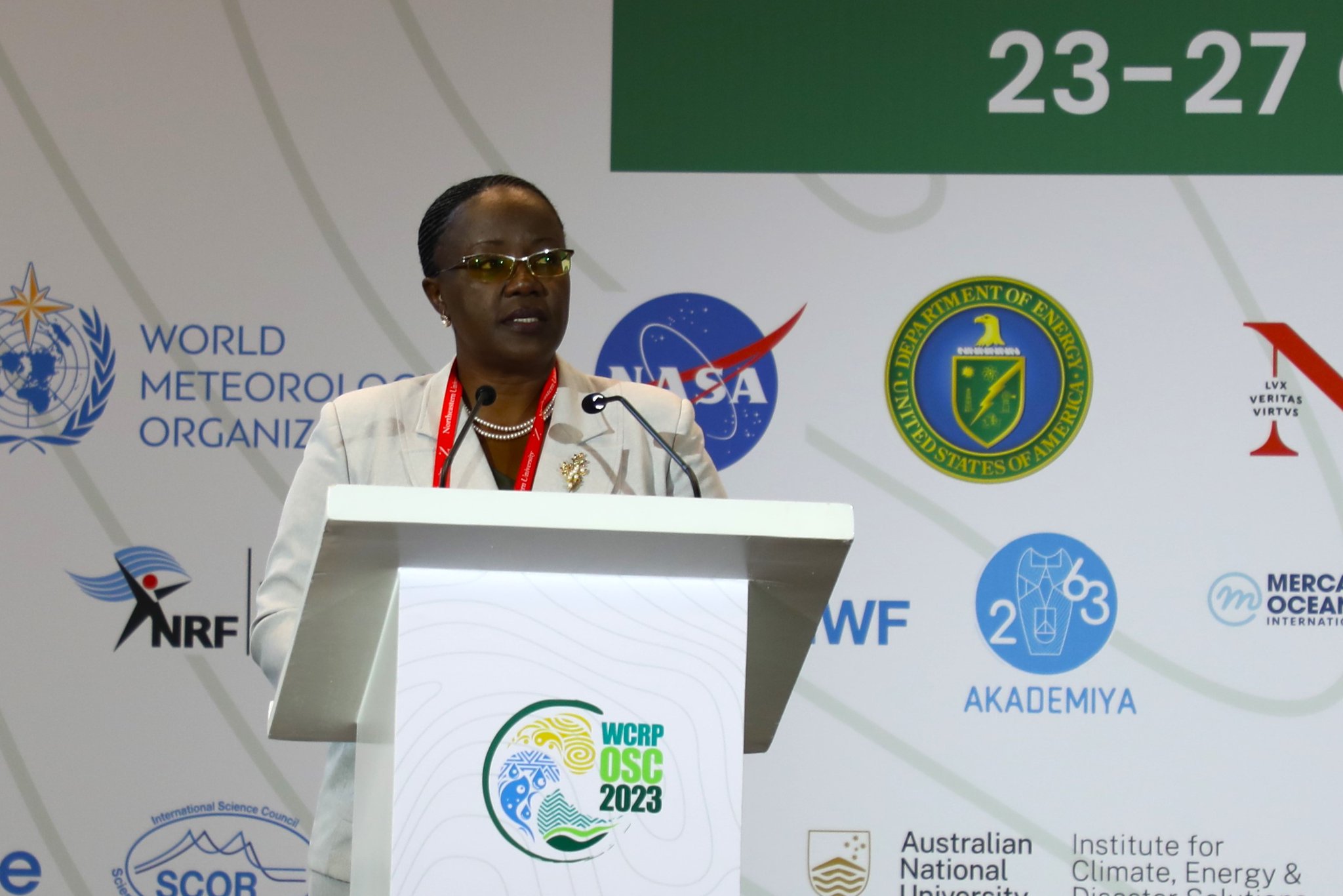
She said: “It’s a testament to the power of science, research and open dialogue in advancing our understanding of the global climate system. We have the opportunity to learn from one another, collaborate on new ideas, and collectively chart a course towards a more sustainable &resilient future”
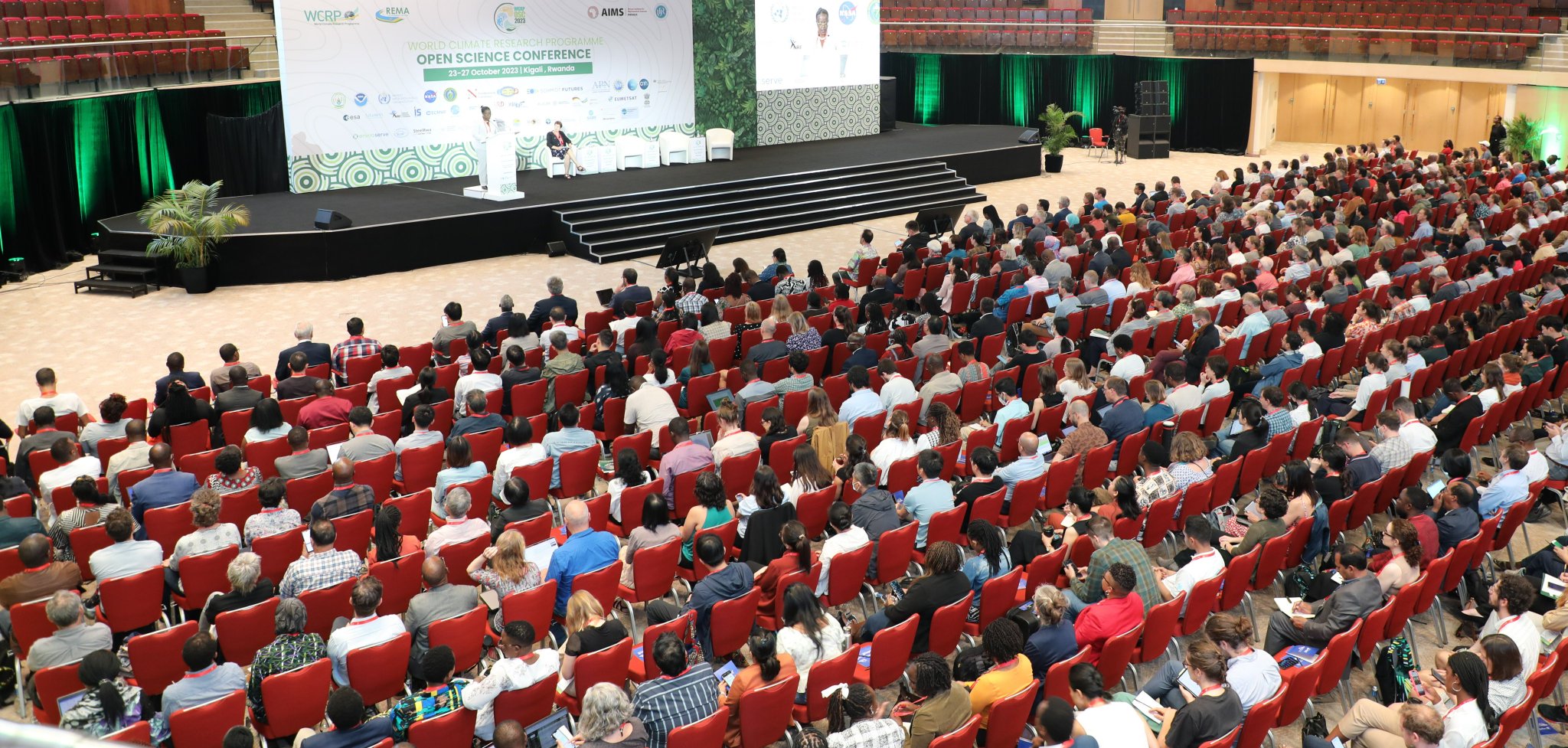
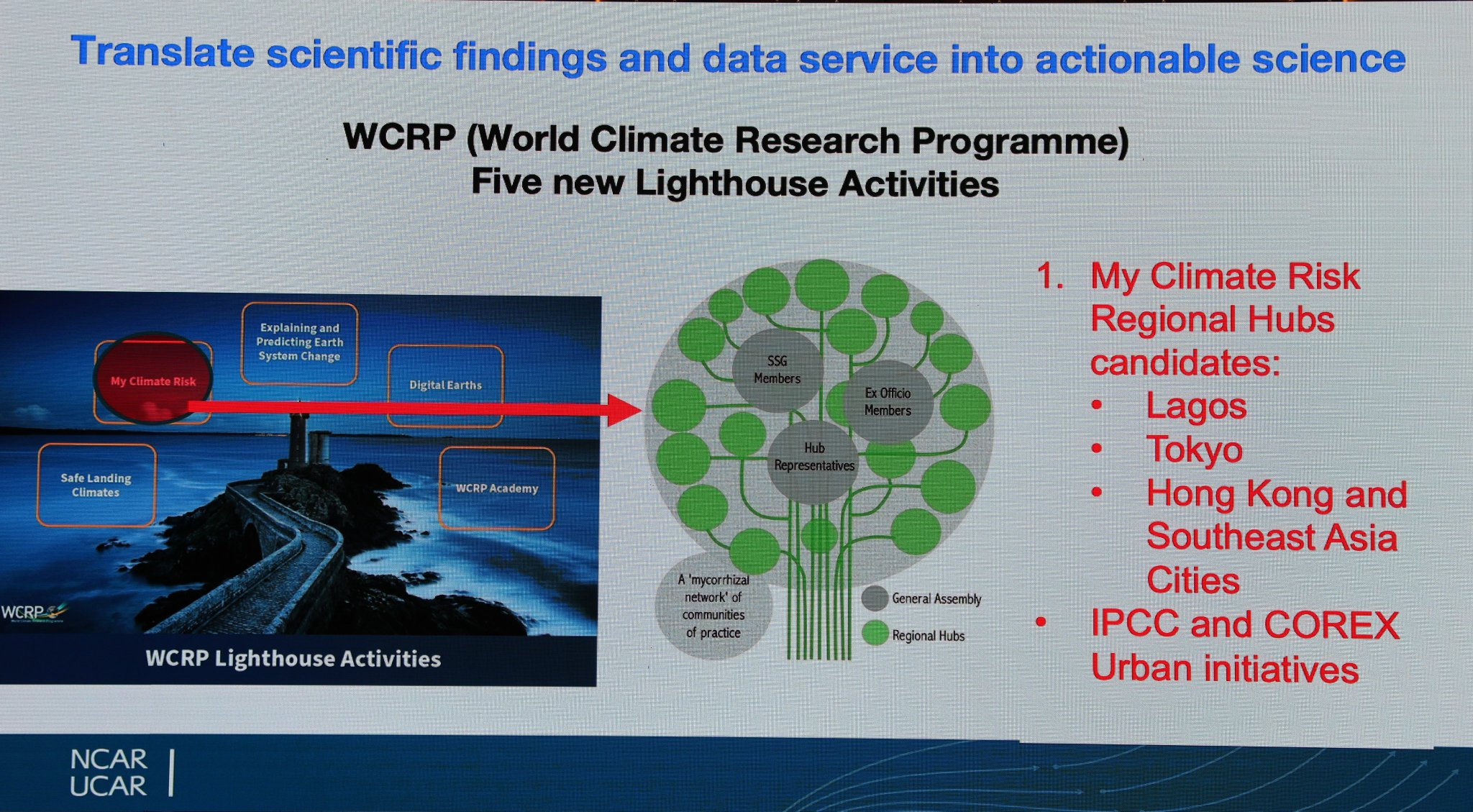
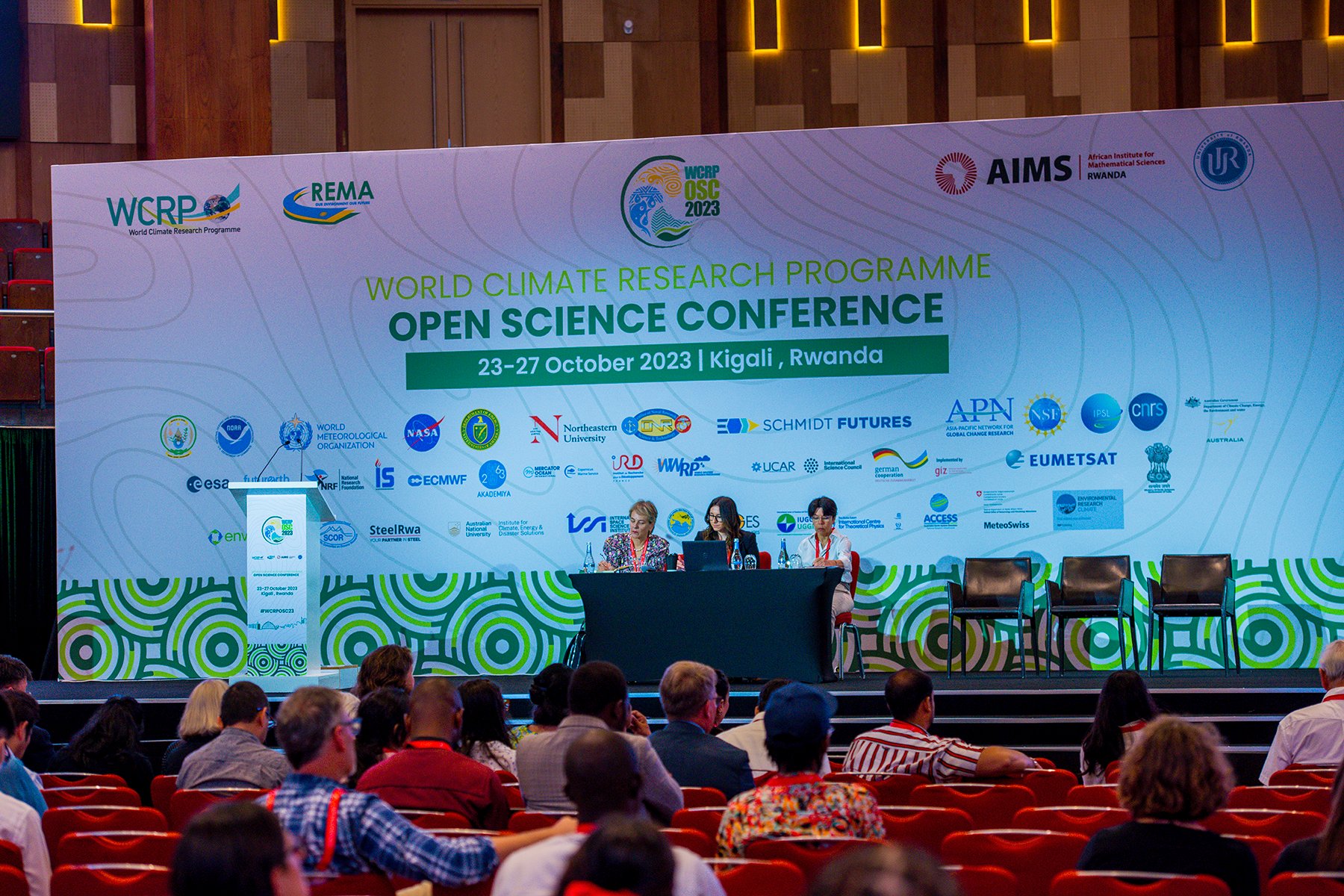
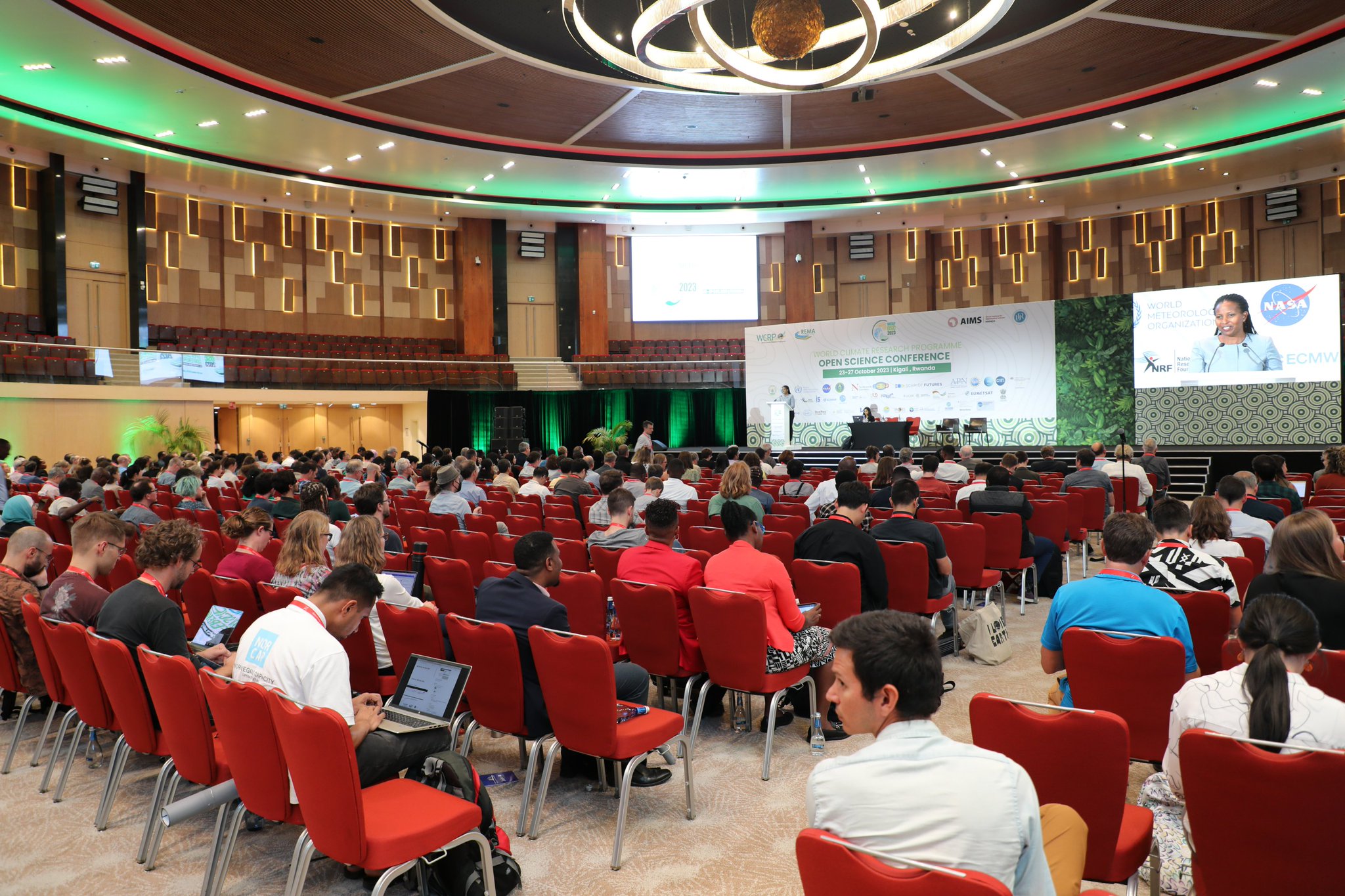
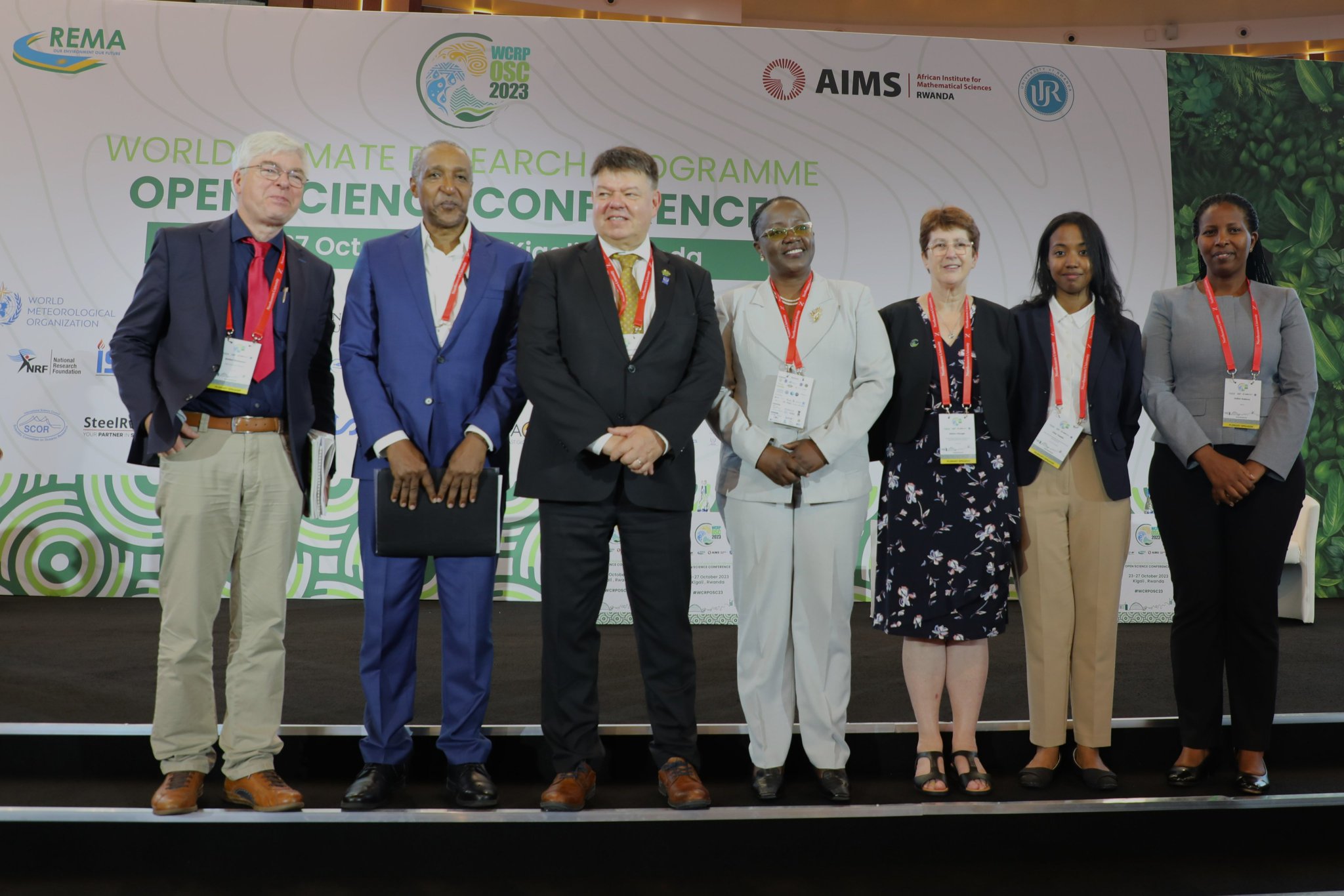
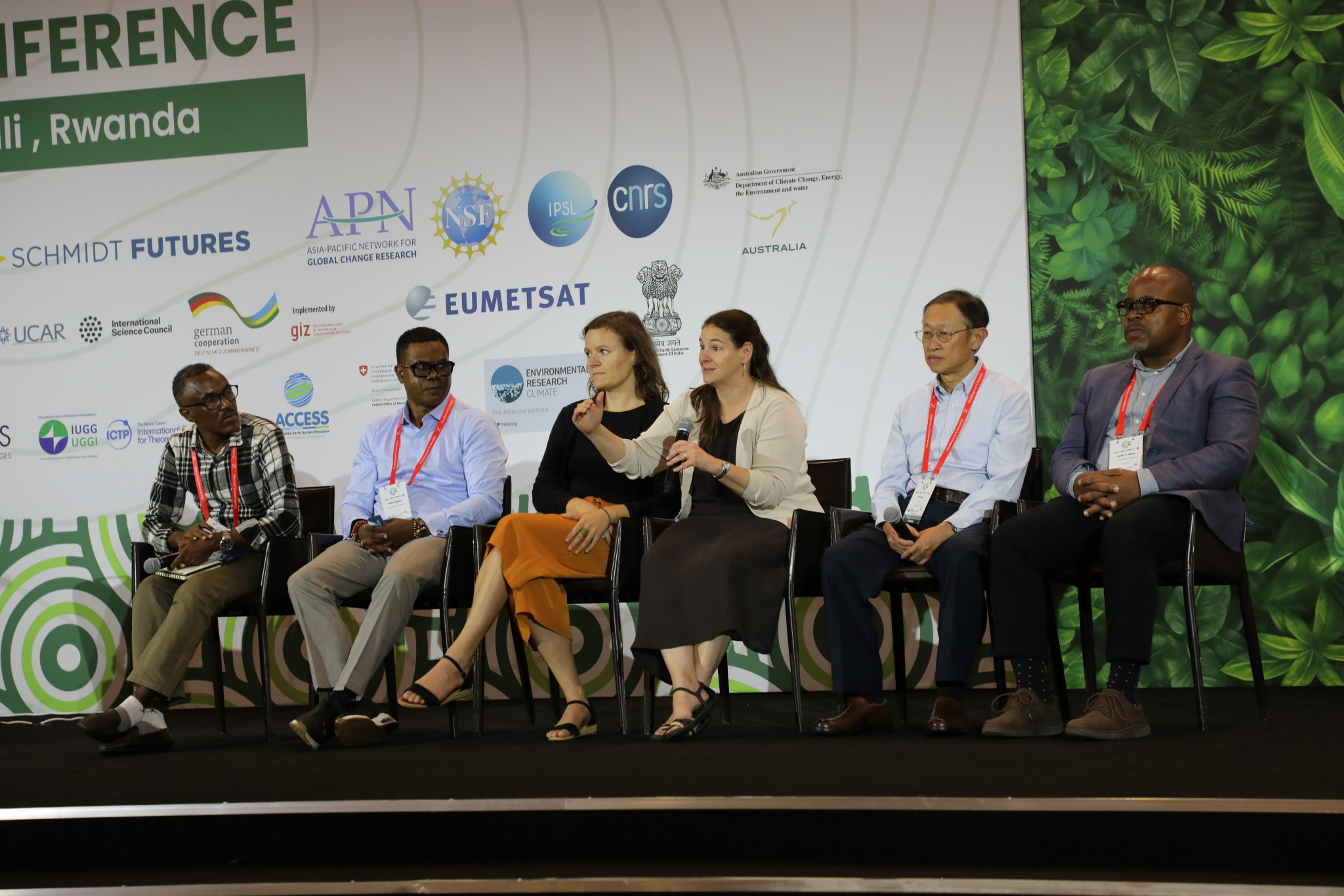
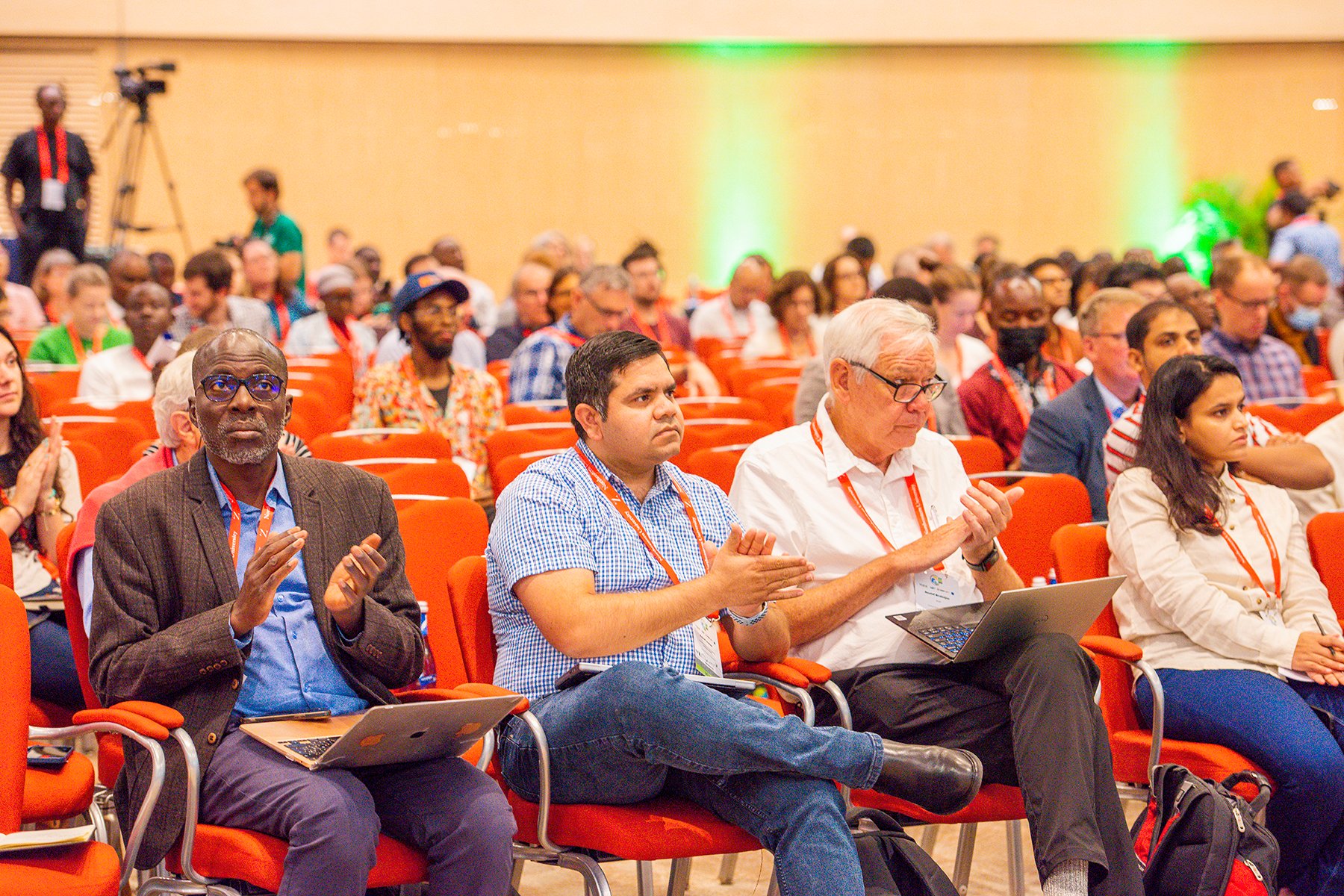
Related Articles
Global Agri & Food Safety Congress 2026: Building Resilient Food Systems in a Changing Climate
On 26–27 February 2026, international experts, researchers, industry leaders, farmers, and policymakers...
Why Animals Are a Key Piece of Africa’s Disaster Resilience Puzzle
Across Africa, people and animals have coexisted for centuries, not just sharing...
Leaders Call for Stronger Monitoring to Turn Ecosystem Restoration Commitments into Results
Nairobi, Kenya — 27 January 2026 Country and regional leaders, alongside technical...
Worm Tea: A Natural Path to Farming Without Harmful Chemicals
For much of his early farming life, Isaac Mubashankwaya believed chemical fertilizers...



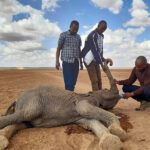


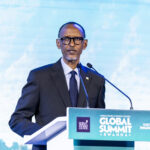



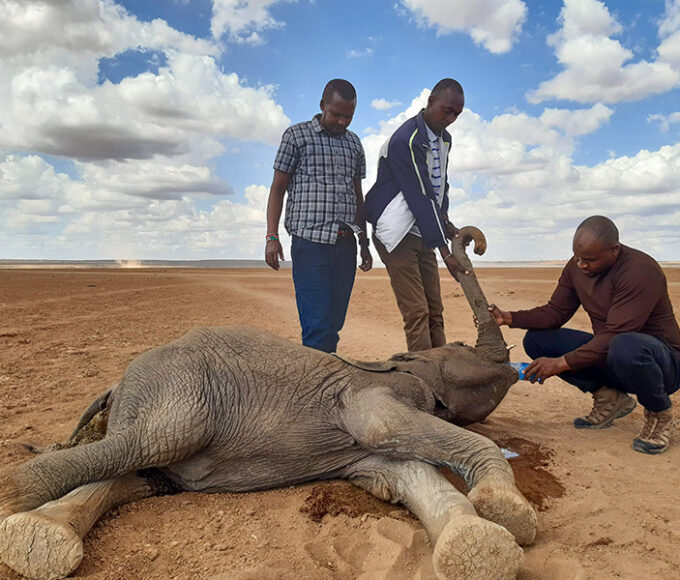
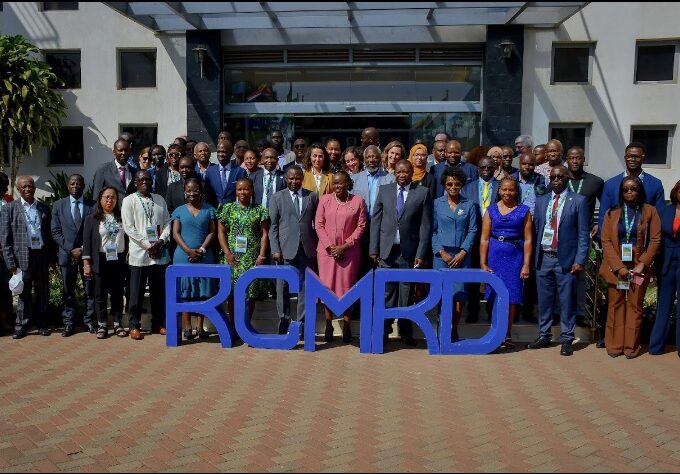
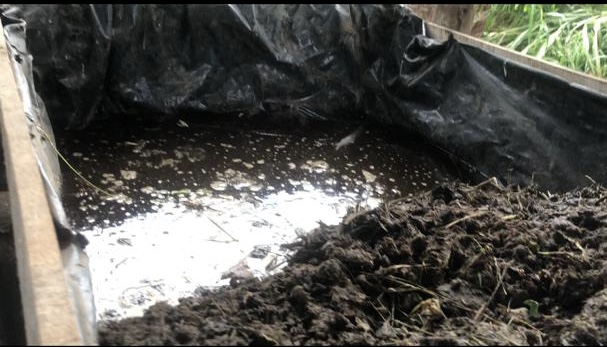
Leave a comment